On December 07, 1487 in Celtic History
James fitz gerald, 8th earl of desmond is murdered at the instigation of his brother, john
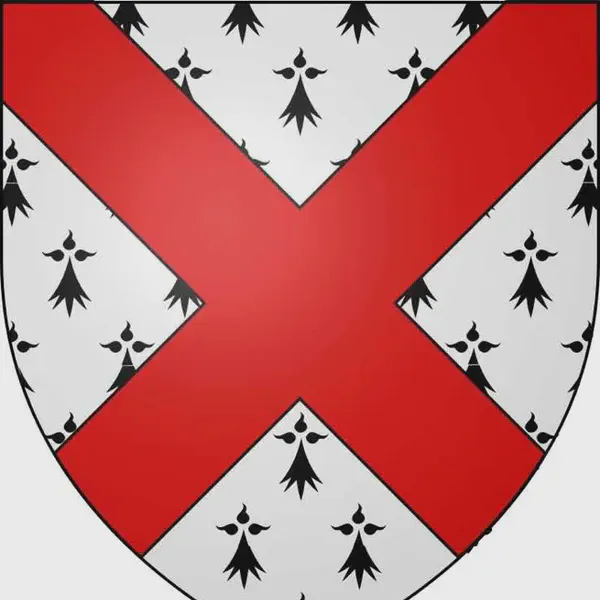
James FitzGerald, the 8th Earl of Desmond (1459–1487) was the son of Thomas FitzGerald, 7th Earl of Desmond and his wife, Ellice de Barry, daughter of William Barry, 8th Baron Barry, and Ellen de la Roche.
7th Earl of Desmond
Accused by his political enemies of treason, for aiding the Irish against the King’s subjects, as well as extortion, Desmond attended a Parliament held in Drogheda. He, along with Thomas FitzGerald, 7th Earl of Kildare, was attainted for treason. The fact that Desmond had been seized in a Priory, in breach of the right of sanctuary, caused particular indignation.
Beheaded
Desmond was summarily beheaded, while Kildare managed to escape to England to plead his case before the King. Desmond was buried at St. Peter’s Church, Drogheda, then afterwards removed to Christ Church Cathedral, Dublin.
According to a later account, Edward IV admonished the new Earl of Desmond by letters, and promised them his pardon if they would lay down their arms, which they did. “Now James FitzThomas, having made terms with King Edward, and received immunity for any act which he had committed to avenge his father’s death, became Earl of Desmond,” in 1471.
Raised the Standards and Drew the Swords
The execution of the 7th Earl of Desmond provoked an immediate and violent reaction. The dead earl’s elder sons ‘raised their standards and drew their swords, resolved to avenge their father’s murder’. James’s younger brother, Gerald, laid waste a great deal in Leith and Munster in revenge for his father.
The king felt the need to make amends to the dead earl’s family, for in an attempt to conciliate Thomas’ son, James, who was then about twenty years of age, and whose title to the earldom the king clearly acknowledged immediately and unequivocally, despite Tiptoft’s act of attainder, Edward IV granted him the palatinate of Kerry, together with the town and castle of Dungarvan.
This grant may be thought to imply that in Edward’s view an injustice had been done. He also extended to James and to his successors an extraordinary privilege: that of being free to choose not to appear in person before his deputy or the council in Ireland, but to send a representative instead. This privilege implies that Edward had understood and sympathised with the fact that inevitably the earl’s family now felt very wary of risking putting themselves into the hands of the Anglo-Irish authorities.
Notwithstanding these blandishments, the Earl augmented his Irish alliances, and retained his Irish habits. He was murdered at Rathkeale, 7 December 1487 (aged 28), by John Murtagh, one of his servants, at the instigation of his younger brother John. James FitzThomas FitzGerald was buried at Youghal. His sister Catherine married the MacCarthy Reagh.
More From This Day
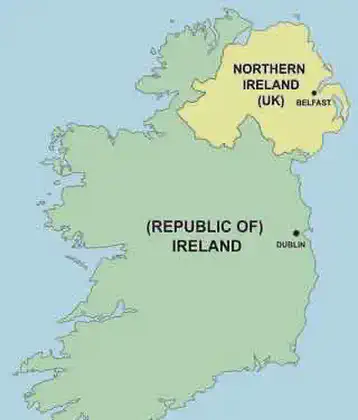
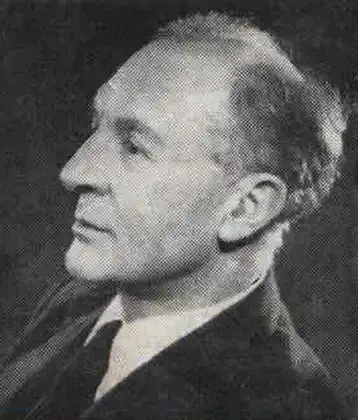
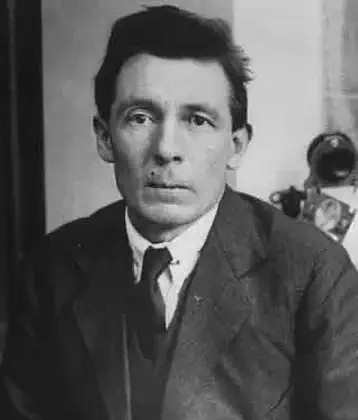
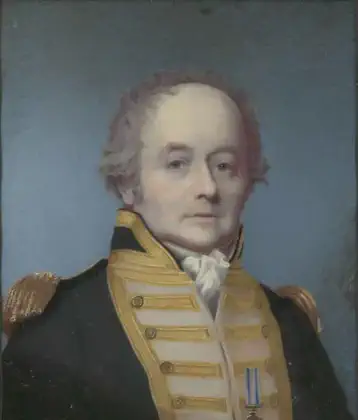
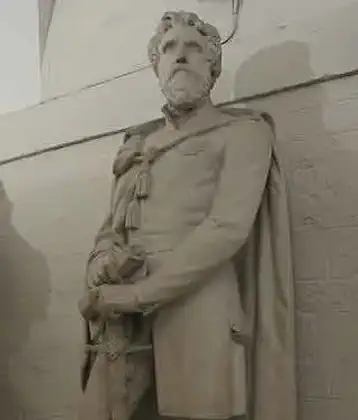
Sir William Francis Patrick Napier, general and historian, is born in Celbridge, Co. Kildare
December 07, 1785
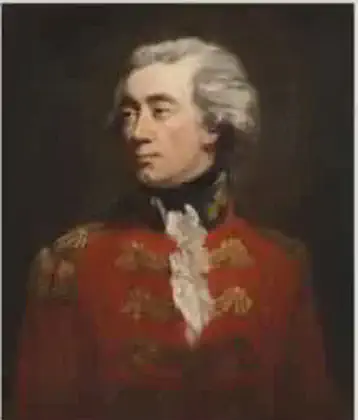
Francis Rawdon-Hastings, 1st Marquess of Hastings, soldier and colonial administrator, is born in Dublin
December 07, 1754

Thirteen Apprentice Boys refuse to let a Catholic army into Derry-Londonderry
December 07, 1688

St. Columcille, Irish bard and monk honored in all the Celtic lands, born
December 07, 0521